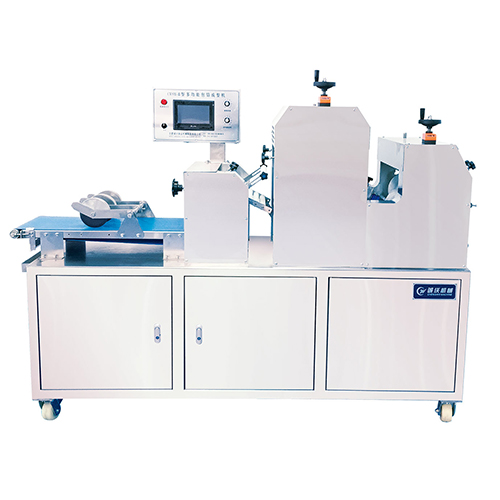



In the commercial baking industry, achieving the perfect dough is crucial for producing high-quality bread, pastries, and other baked goods. A proofing cabinet is one of the most essential pieces of equipment for bakers. So, what is a proofing cabinet, and why is it indispensable for bakeries?
The design of a proofing cabinet is intended to maintain ideal temperature and humidity conditions, enabling dough to ferment properly. This controlled environment is key to ensuring the activity of yeast in the dough and helping to achieve the light, fluffy texture required for various breads and pastries.
Chengwo specializes in intelligent baking production lines, providing high-quality solutions for food processing and baking. In this article, we will explore the importance of proofing cabinets and how they can benefit your bakery.
A proofing cabinet is a temperature- and humidity-controlled appliance used to ferment dough in a controlled environment. When asked what is a proofing cabinet, the simplest explanation is that it creates an optimal setting for dough to rise, helping bakers achieve consistent results. Without such a system, bakers might struggle with inconsistent proofing, leading to inferior dough quality.
For commercial bakeries, ensuring dough rises in the perfect environment is essential for product quality. Now that we know what is a proofing cabinet, let’s look at why it’s so crucial:
Without a proofing cabinet, you may face challenges like uneven dough texture or inconsistent baking results, which can negatively affect the reputation of your bakery.
When asked what is a proofing cabinet, it’s clear that it’s not just about temperature control. It offers multiple benefits that every bakery can enjoy:
Traditional proofing methods typically involve letting dough rest in a warm, humid environment. This can lead to varying results, as the environment is harder to control. However, when you invest in a proofing cabinet, you eliminate these variables, ensuring that every batch of dough is proofed under the best possible conditions.
So, what is a proofing cabinet in comparison to traditional methods? It offers far superior control, higher consistency, and ultimately better-quality baked goods.
Now that you understand what is a proofing cabinet, it’s important to know how to choose the right one for your bakery. Consider the following factors:
Understanding what is a proofing cabinet is and why it is crucial to your baking operations is just the first step. Investing in a high-quality proofing cabinet is a wise decision that can significantly improve dough consistency and quality. It can also boost production efficiency, reduce labor costs, and help you provide your customers with superior products.
If you want to take your bakery to the next level, consider upgrading to a proofing cabinet today. At Chengwo, we specialize in providing intelligent baking production solutions to optimize every aspect of your baking process.
What is a proofing cabinet used for?
A proofing cabinet is used to create the ideal environment for dough to rise, providing consistent temperature and humidity conditions. This ensures that dough ferments properly, leading to better results in baking.
How does a proofing cabinet work?
A proofing cabinet works by maintaining a consistent temperature and humidity level that encourages yeast to activate and cause dough to rise. Some models allow for precise adjustments, ensuring that dough is proofed according to your specific needs.
Can I proof dough without a proofing cabinet?
Yes, you can proof dough without a cabinet, but it may lead to inconsistent results. Proofing cabinets provide the best control over temperature and humidity, making them essential for high-quality, consistent dough.

